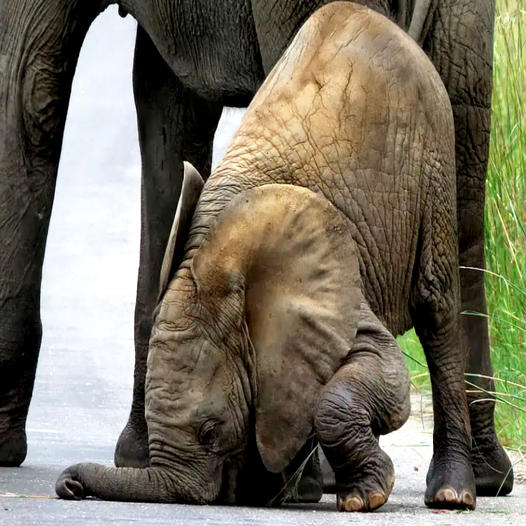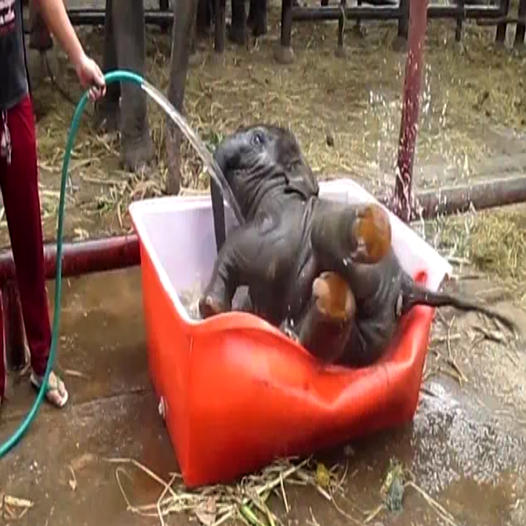
In the realm of youthful innocence, where creativity reigns supreme, there exists a potent dread that can ensnare the hearts of children: the fright of being chased by a monstrous entity. This fundamental fear, though rooted in the realm of make-believe, possesses the capability to unsettle not only the child but also the community at large. This composition delves into the perplexing nature of society’s response when a child’s apprehension of being pursued by an imaginary beast takes hold and captures the attention of public conversation. Within the vibrant world of a child’s imagination, monsters can manifest as formidable foes. The child’s fear of being chased by a formidable creature derives from an instinctual drive for self-preservation. From the child’s perspective, the monster is genuine, and the fear it elicits is authentic. It is crucial for adults to empathize with this outlook and approach the child’s fears with sensitivity and understanding. Upon the spread of news regarding a child’s trepidations of being pursued by a fictitious monster, it often becomes a subject of public discourse. Society’s reaction can vary, spanning from genuine concern and support to skepticism and dismissal. Some individuals might trivialize the child’s fear or attribute it to an overly imaginative mind, while others may acknowledge the profound impact it can have on the child’s emotional well-being. Instead of diminishing or disregarding the child’s fear, society should strive to empathize with the child’s emotions. By recognizing and validating the child’s experience, adults can provide solace and guidance, thereby alleviating the child’s anxieties. Empathy nurtures a sense of safety and comprehension, allowing the child to navigate their imaginary world with greater ease.

Creating an atmosphere that promotes open expression is essential for children to freely voice their fears and worries. By encouraging honest communication, adults can assist children in confronting their fears and developing effective coping strategies. This type of emotional support empowers children to confront their imagined monsters and conquer their fears in a healthy and constructive manner. To address society’s reaction to a child’s fear of being pursued by a fictional monster, it is important to incorporate public awareness campaigns and educational initiatives. These efforts can educate the public about common childhood fears, emphasize the power of empathy, and underscore the significance of emotional support. Ultimately, communities can foster a more understanding and inclusive environment for children through these initiatives. The fear of being chased by an imaginary monster is a natural and widespread part of childhood. When society encounters such fears, it is crucial to approach them with empathy, understanding, and support. By acknowledging the child’s perspective, encouraging emotional expression, and promoting education and awareness, we can build a society that prioritizes the emotional well-being of children and aids them in conquering their fears, whether real or imagined.





